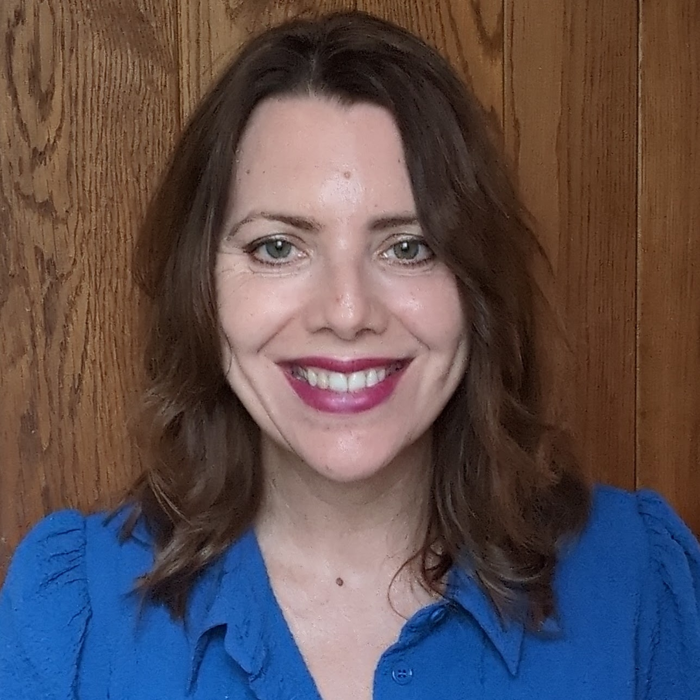Beyond the Major Scale: Engaging The Ear And Voice In Vocal Exercises
Tuesday 13th October 2020, 5:00 PM - 7:00 PM (London Time)
About this two hour Webinar:
Vocal exercises are used by singers and singing teachers alike to help develop, refine and establish various aspects of vocal technique. But vocal exercises can also be harnessed to develop a singer’s musicianship alongside technique. Just as a train track has two rails to stay balanced, it is proposed by the presenter that a “two-track” approach to a singer’s development would be an equal emphasis on technique and musicianship throughout training, as opposed to the more “monorail” emphasis on technique alone. As the eminent classical pedagogue, Richard Miller, sagely said: “Be first a musician and second a singer”. But how can this be readily achieved within a lesson context?
Currently, there is an over-emphasis and over-reliance on major scale-based patterns in vocal exercises at the expense of the appetising array of other musical patterns found in vocal music. From listening to and analysing a range of pop song excerpts, this interactive workshop will introduce vocal melodies based on other scales and modes, some of which are more commonly used than the major scale. The presenter will then show how relevant, engaging vocal exercises can be created from these patterns. They are not only still technically demanding but also provide musical variety and ear challenge to vocal exercise repertoire. This concept can be applied to any style of singing and doubles the educational value of exercises.
All sessions are recorded and will be sent out to all registered participants.
Kim Chandler
Kim Chandler (MMus BMusEd) is a renowned contemporary vocal coach & session singer. She runs a busy private studio in Marbella, Spain, where she coaches an elite clientele of stadium band singers, including BRIT award winners & GRAMMY nominees, artists from a range of genres, professional singers and vocal coaches online.
Sorry, this is an archived short course...
We have plenty of upcoming short courses coming soon. See details of some of them below or look at the full list of short courses.

Tuesday 13th January 2026
5:00 PM - 6:30 PM
Tuesday 20th January 2026
5:00 PM - 6:30 PM
Tuesday 27th January 2026
5:00 PM - 6:30 PM
Tuesday 3rd February 2026
5:00 PM - 6:30 PM
Tuesday 10th February 2026
5:00 PM - 6:30 PM
(London Time)
Introduction to Postgraduate Academic Skills - Join Live!

Debbie Winter
Are you ready to elevate your academic journey? Hosted by our very own Debbie Winter, join our comprehensive Introduction to Academic Skills course, designed to equip you with essential tools and strategies for success in higher education. Perfect for bridging the gap between undergraduate and postgraduate study, this course offers a pathway to our full MA for students without an existing degree. We offer both live, interactive sessions and standalone, pre-recorded content.

Thursday 15th January 2026
5:00 PM - 7:00 PM
Thursday 22nd January 2026
5:00 PM - 7:00 PM
Thursday 29th January 2026
5:00 PM - 7:00 PM
Thursday 5th February 2026
5:00 PM - 7:00 PM
Thursday 12th February 2026
5:00 PM - 7:00 PM
(London Time)
Trauma-Sensitive Voice Professional Certificate with Dr Elisa Monti

Dr Elisa Monti
Updated for 2026, this five-part certificate course is designed to help participants learn the theory and practice of trauma-sensitive approaches. The concepts and activities included are tailored to meet the needs of voice specialists who want to acquire more specific tools to navigate the space with their students and colleagues.

Monday 9th February 2026
5:00 PM - 7:00 PM
(London Time)
Certificate in Applied Voice Pedagogy with Adam Roberts

Adam Roberts
Spring Immersive - live and interactive learning! This 12-week online programme is designed for voice professionals committed to deepening applied voice pedagogy skills and advancing professional practice. The course offers a rich environment to reflect on your teaching philosophy and develop applied pedagogical techniques. It is ideal for voice teachers, coaches, therapists, and performers seeking to bridge foundational knowledge with practical, student-centered applications.
